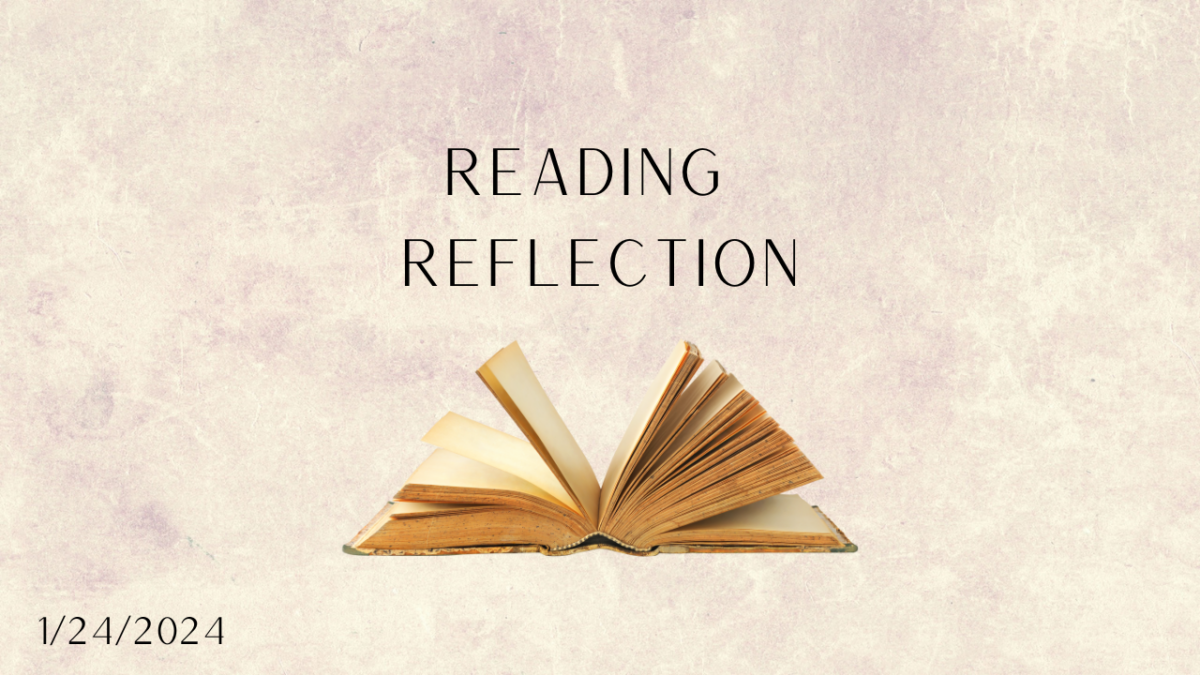Bombarded with poll results about declining levels of church attendance and belief in God, we assume that more and more people are abandoning faith and making their own meaning. But what these polls actually tell us is more straightforward. They tell us that confidence in the religious narratives we’ve inherited has collapsed. What they fail to report is that, marketplace in replacement religion is booming. We may be sleeping in on Sunday mornings in greater numbers, but we’ve never been more pious. Religious observance hasn’t faded apace “secularization” so much as migrated–and we’ve got the anxiety to prove it. We’re seldom not in church… The objects of our seculosity–food, romance, education, children, technology, and so on–aren’t somehow bad. Quite the opposite–they are by and large great. It’s only when we lean on these things for enoughness, when we co-opt them for our self-justification or make them into arbiters of salvation itself, that they turn toxic.
-DAVId zahl
Reading Reflection:
If God made us, then He has intricately wired us with specific desires and tendencies. While every individual is unique, there are underlying similarities that bind us together. One inherent tendency is our universal inclination toward religiosity.
Religious expression manifests in various forms—some overtly spiritual, while others involve elevating ordinary things to sacred status. Regardless, the innate religious nature is shared by all.
In our contemporary world, we witness people replacing ‘Religion’ with passionate commitments to other pursuits. Whether it’s something or someone we worship, standards we adhere to, a community we identify with, a vision of the good life, or a way to justify our existence—each becomes a form of religion. However, the disappointment is inevitable when we substitute anything for God. The term ‘seculosity,’ a blend of secularism and religiosity, underscores that even in our supposedly secular age, we are deeply religious beings. And this is nothing new. This is age old idolatry.





